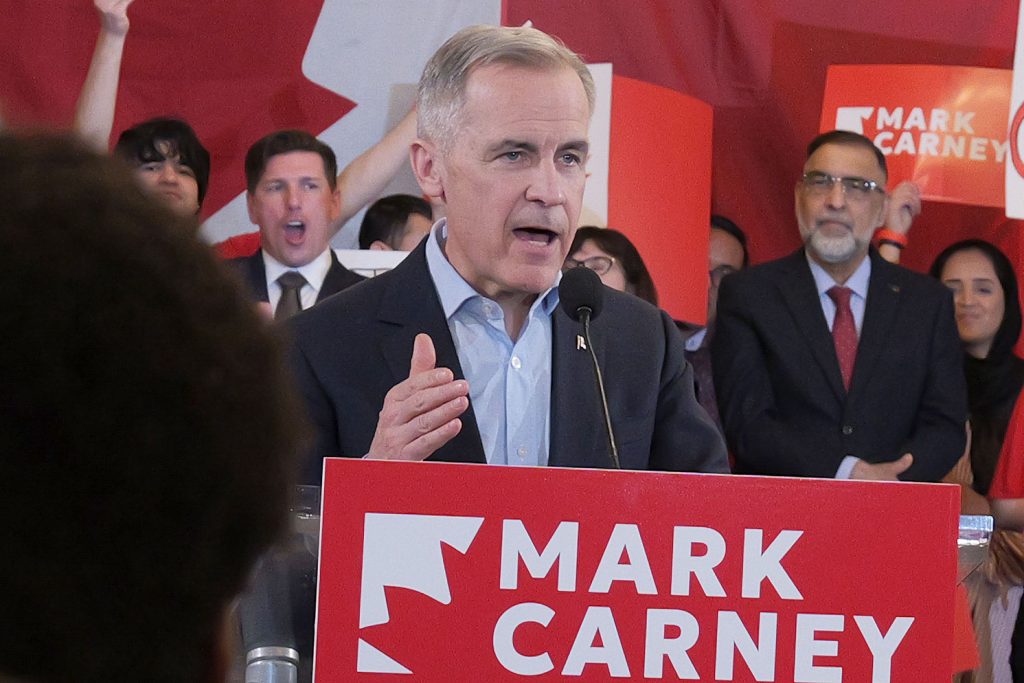In his first official act as Canada’s 24th prime minister, Mark Carney signed an order-in-council on Friday to scrap the consumer carbon levy, effective April 1, 2025. The move, executed during his inaugural cabinet meeting, dismantles a cornerstone of the federal climate policy just weeks before the levy was slated to rise from $80 to $95 per tonne of greenhouse gas emissions.
Dubbed “Eliminating the Consumer Carbon Price,” the order halts the fuel charge on nearly two dozen fuels—including gasoline, natural gas, and propane—delivering immediate savings to Canadians. Starting April 1, drivers will see gasoline prices drop by 17.6 cents per litre, while natural gas users will save over 15 cents per cubic metre. The April 15 Canada Carbon Rebate, redistributing levy proceeds to households in participating provinces and territories, will still be issued as a final payout, Carney confirmed.
“This is a big decision,” Carney declared, penning the directive before a bank of media cameras as his 23-member cabinet applauded. “Canadians deserve relief now, and we’re delivering it.” The symbolic signing underscored his intent to pivot from the policies of his predecessor, Justin Trudeau, whose government championed the carbon pricing framework.
Sworn in earlier Friday at Rideau Hall in Ottawa, Carney unveiled a leaner cabinet blending continuity and fresh talent. Twenty ministers from the Trudeau era remain, joined by three new Liberal MPs: Brampton-West’s Kamal Khera, now Minister of Health; Mississauga-Streetsville’s Rechie Valdez, appointed Chief Government Whip; and a third unnamed addition rounding out the team.
The decision has already sparked debate. Economists predict a short-term boost to household budgets, but environmental advocates warn it could derail Canada’s emissions targets under the Paris Agreement—a tension Carney, a globally recognized climate finance leader, will need to address. Public reaction online suggests a split: relief among cost-conscious consumers, frustration from those who saw the levy as a climate necessity.
With this bold opener, Carney sets the tone for a tenure likely to balance economic pragmatism against his own green credentials—and a looming trade war with the U.S.

